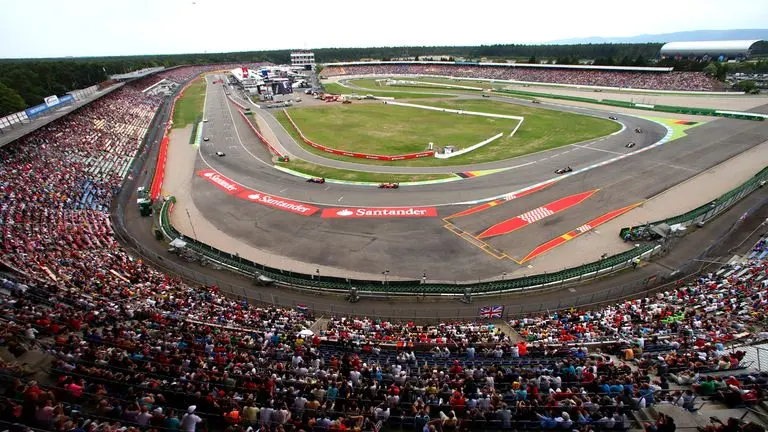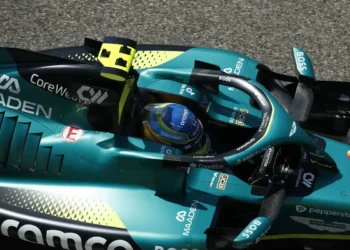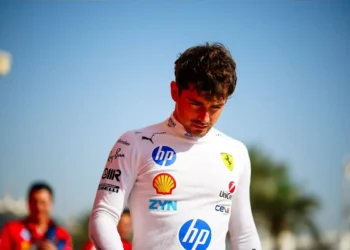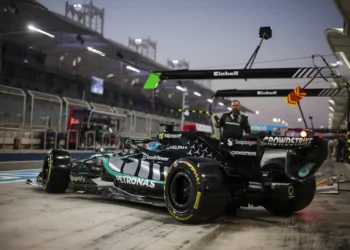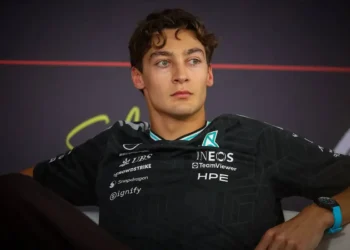The Great German Grand Prix Mystery: Why is F1’s Iconic Race Missing in Action?
In a shocking revelation that has sent ripples through the motorsport community, former Formula 1 supremo Bernie Ecclestone has expressed his utter bewilderment over the conspicuous absence of the German Grand Prix from the racing calendar. Once a staple of the championship, this illustrious event, which famously alternated between the legendary Hockenheim and the treacherous Nurburgring, has not graced the circuit since its last appearance in 2019.
The German motorsport scene took a fleeting breath of life in 2020 with the one-off Eifel Grand Prix, a temporary addition during the tumultuous Covid-19 pandemic. However, since then, fans have been left in the lurch, deprived of a race that has seen the likes of Nico Rosberg and Sebastian Vettel soar to glory. The decline in interest and the retirement of these iconic drivers have cast a long shadow over the future of the Grand Prix, leaving its fate hanging in the balance.
Ecclestone, in a candid interview with German media outlet sport.de, voiced his astonishment at the prolonged hiatus of this once-beloved event. “I often think about it and I don’t understand it,” he lamented. “It’s just strange that it’s not being made possible. No one would oppose it, except maybe a few people in Germany itself.” The underlying issue? Money. Ecclestone pointedly remarked, “If someone with the right funding were there, it would work.”
Germany’s rich legacy in Formula 1 is not just about the drivers; it’s about the history and the fans who have flocked to witness high-octane action on the track. The nation has produced three World Champions – Rosberg, Vettel, and the legendary Michael Schumacher, whose record-breaking career fueled a surge in the sport’s popularity. The echoes of the past still resonate, especially with Schumacher’s remarkable journey from the infamous Nordschleife to the modern circuits.
The Nordschleife, known as the ‘Green Hell,’ is infamous for its perilous bends and treacherous conditions, a venue that has seen its fair share of drama and danger, particularly following Niki Lauda’s harrowing crash in 1976. The event shifted to Hockenheim and later made a comeback at the Nurburgring, oscillating between the two venues until the calendar’s cruel twist left Germany without a Grand Prix.
With F1’s current CEO Stefano Domenicali hinting at a potential return for the German Grand Prix, the stakes are higher than ever. The competition for calendar spots is fierce, and the clock is ticking. Will Germany reclaim its rightful place on the F1 calendar? The motorsport world watches with bated breath as this saga unfolds.
As the allure of the Grand Prix dims, one thing remains clear: without the financial backing and fervor from the German public, the return of this iconic race could remain a tantalizing dream. The question looms large: when will we hear the roar of engines echoing through the German countryside once again? Only time will reveal if the Grand Prix will rise from the ashes or remain a ghost of F1’s glorious past.

